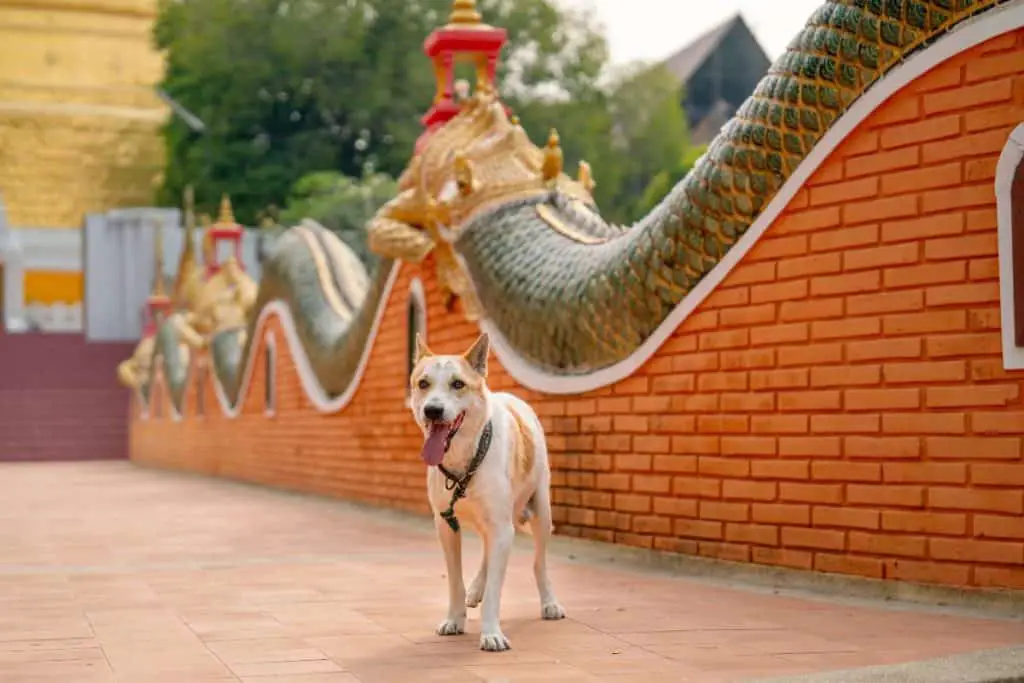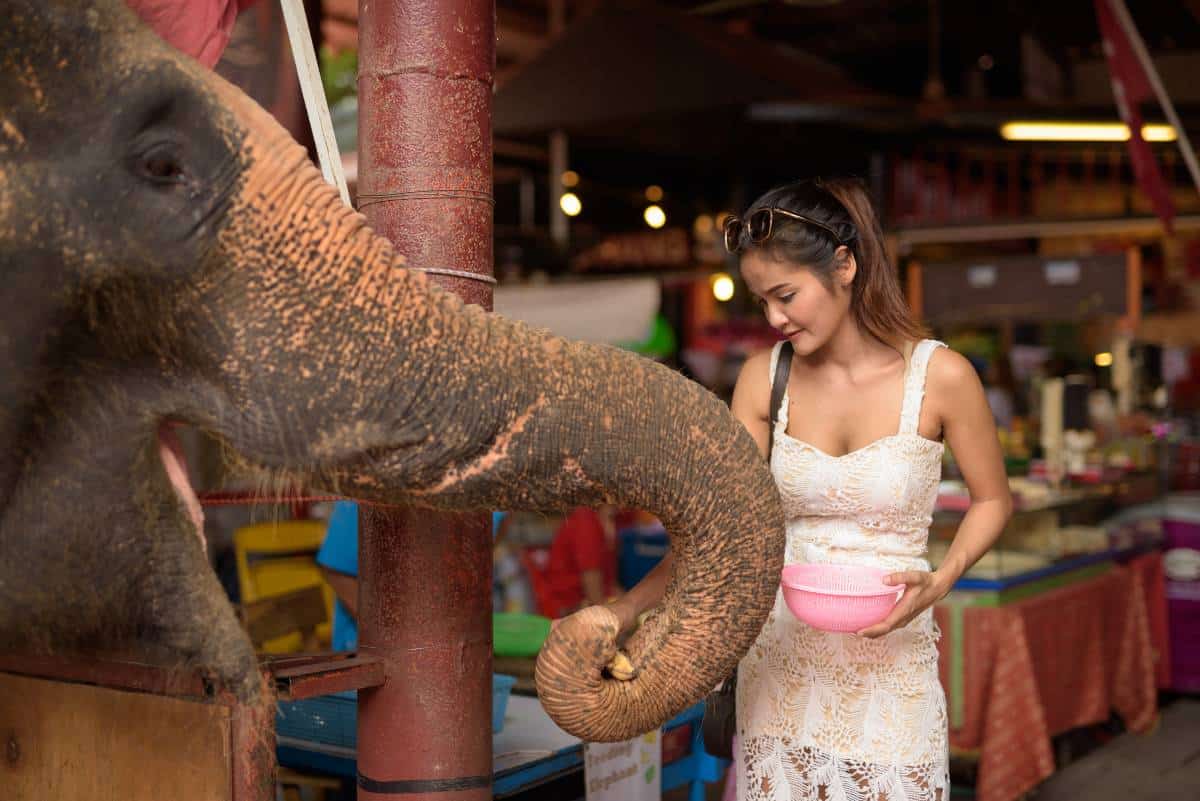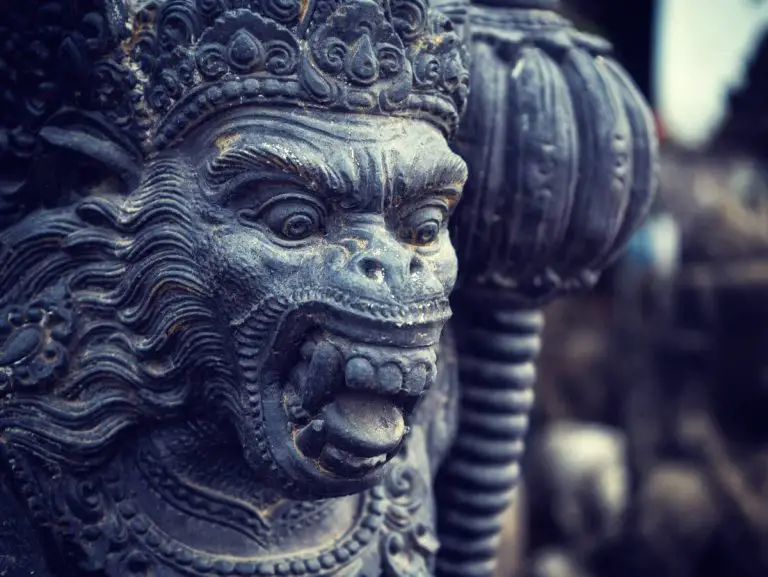How Are Pets As Cultural Bridges In Thailand: Break The Barriers
When I first moved to Thailand after 35 years in the United States, I expected the language barrier and cultural differences to be my biggest challenges. What I’ve observed during my time here is how pets often serve as effective ambassadors for many expats. Walking through Bangkok neighborhoods, a friendly dog attracts smiles, conversations, and invitations that might take months to develop otherwise.
I’ve discovered how good are pets as cultural bridges in Thailand, creating connections that transcend language barriers and social differences. Today, I’m sharing how animal companions help navigate the beautiful complexity of Thai society.
Key Takeaways
- Thai culture has a profound respect for animals, especially dogs and cats, which creates natural connections between expats and locals.
- Shared pet ownership experiences transcend language barriers and provide meaningful social interactions in Thai communities.
- Understanding the cultural significance of animals in Thailand can deepen your integration experience while honoring local customs and traditions.
The Cultural Significance of Animals in Thailand
Thailand’s relationship with animals runs deep through its cultural and spiritual foundations. Buddhist principles of compassion toward all living beings influence how Thai people interact with animals in their daily lives. This compassionate approach creates a society where animals are often welcomed in spaces that might surprise Western visitors.
In Thai culture, animals aren’t just pets—they’re considered family members, spiritual protectors, and sometimes even manifestations of good fortune. Walking through any Thai neighborhood, you’ll notice spirit houses with offerings for animal guardians, temple dogs receiving care from monks and locals, and cats lounging comfortably in shops and restaurants.
Elephants: Thailand’s Sacred National Symbol
The elephant, Thailand’s national symbol, represents strength, loyalty, and wisdom in Thai culture. While traditionally used for transportation and labor, today the focus has shifted toward ethical elephant sanctuaries where these magnificent creatures are protected and respected.
Street Dogs: Community Pets and Collective Care
Street dogs, known locally as “soi dogs,” hold a special place in Thai communities. Rather than being viewed as nuisances, many are collectively cared for by entire neighborhoods. This community-based approach to animal welfare reflects Thailand’s collective values and offers expats valuable lessons in shared responsibility.
Tigers: Majestic Creatures in Thai Culture and Conservation
Tigers hold a significant place in Thailand’s cultural and natural heritage. These magnificent big cats were once abundant throughout the country’s forests but are now endangered, with conservation efforts becoming increasingly important.
In Thai folklore and Buddhist traditions, tigers symbolize power, protection, and strength. Several conservation centers and sanctuaries across Thailand work to protect these iconic animals while educating visitors about their cultural importance and the threats they face.
Breaking the Ice: How Pets Facilitate First Connections
Morning walks with dogs quickly become social events in Thai neighborhoods. Locals who initially seem reserved will stop, smile, and engage in conversation—first about the pet, then gradually about lives, families, and experiences. In a culture where direct personal questions might be considered forward, pets provide a comfortable, neutral starting point for conversation.
“Suay mak” (very beautiful) and “na rak” (cute) are some of the first Thai phrases many expats master, simply from hearing them directed at pets so frequently. These simple interactions lead to invitations for coffee, recommendations for local veterinarians, and eventually, genuine friendships.
In markets and outdoor cafés where pets are often welcome, animal companions function as social lubricants. When language fails, a friendly dog or cat creates universal moments of connection through smiles, gestures, and shared affection. Many expats report that their integration into Thai communities accelerated significantly once they adopted or brought a pet.
Adoption Stories: Finding Family Across Cultures
Thailand’s animal rescue organizations provide another powerful avenue for cross-cultural connections. Volunteering at animal foundations in Phuket or similar organizations in Bangkok, Chiang Mai, and other cities brings together Thais and foreigners united by a common cause.
Many expats have found purpose in Thailand by fostering street dogs awaiting adoption. Through this work, they develop networks of Thai friends who support their efforts, teach them essential Thai phrases, and include them in cultural celebrations and family gatherings.
These adoption networks often become micro-communities where cultural exchange happens naturally. Expats learn Thai approaches to animal care, while locals gain exposure to international perspectives on pet ownership. The shared emotional experience of rescuing an animal creates bonds that transcend cultural differences.
Understanding Thai Pet Culture: Differences and Similarities
Pet ownership practices in Thailand reflect broader cultural values while incorporating global influences. In urban areas like Bangkok, you’ll observe both traditional Thai approaches and Western-influenced pet parenting styles.
In Thai homes, pets traditionally had specific roles—cats caught pests, and dogs provided security. Today, especially in cities, pets increasingly occupy the companion role familiar to Westerners. However, distinct cultural differences remain in how animals are integrated into daily life.
Thai pet owners often demonstrate remarkable flexibility about where animals belong. In many restaurants, shops, and offices, resident cats or dogs are common sights. This integration reflects a less rigid separation between human and animal spaces than is typical in Western countries.
Diet and care practices also differ. Many Thai pet owners prepare homemade meals for their animals, incorporating rice and proteins similar to human meals rather than relying exclusively on commercial pet food. Traditional herbal remedies might complement Western veterinary approaches when animals fall ill.
Understanding these cultural nuances helps expats navigate potential misunderstandings. What might appear as casual or informal animal care to Western eyes often reflects different cultural priorities rather than neglect. Approaching these differences with curiosity rather than judgment creates opportunities for mutual learning.
Communication Through Compassion: The Universal Language
In Thailand, the concept of “jai yen” (cool heart) encourages patience and gentle approaches to challenging situations. This cultural value extends to animal interactions, where raising your voice or displaying frustration toward pets is generally frowned upon.
Observing how Thai people interact with animals provides valuable insights into broader cultural communication styles. The gentle, patient approach common in Thai pet handling mirrors preferred human communication patterns that emphasize harmony and respect.
These animal interactions offer practical demonstrations of cultural values in action. The consistent gentleness, even when correcting animal behavior, exemplifies Thailand’s preference for maintaining social harmony.
Navigating Public Spaces with Pets in Thailand
Thailand’s approach to animals in public spaces differs significantly from Western norms. While dedicated dog parks are less common, many outdoor markets, temple grounds, and public parks welcome well-behaved pets. Understanding these unwritten rules helps expats navigate potential cultural misunderstandings.
In Bangkok’s trendy neighborhoods, pet-friendly cafés have proliferated, creating social spaces where Thai and expat pet owners naturally mingle. These establishments often host events like pet birthdays or adoption days that bring diverse communities together around shared experiences.
Transportation with pets requires cultural awareness. While taxis might welcome small animals at the driver’s discretion, understanding the appropriate way to request this service in Thai demonstrates respect for local customs. On public transportation, smaller pets in carriers are generally acceptable, though practices vary by region.
The Thai concept of “kreng jai” (consideration for others’ feelings) should guide public pet interactions. Ensuring your pet doesn’t disturb others, cleaning up thoroughly, and respecting spaces where animals aren’t welcome demonstrates cultural sensitivity that Thai people deeply appreciate.
Technology Connecting Pet Communities Across Cultures
Social media and pet-specific apps have created new avenues for connection between Thai and expat pet owners. Facebook groups dedicated to pet-friendly locations, veterinary recommendations, and pet merchandise exchange create virtual communities that often transition to real-world friendships.
These platforms provide practical support for navigating pet ownership in a new country while facilitating cultural exchange. When expats need specialty items for their pets’ needs, online recommendations from local Thai pet owners often lead to markets they wouldn’t have discovered otherwise. This creates opportunities for cultural immersion beyond just pet care.
Pet-focused events advertised through these platforms—adoption days, vaccination clinics, and social gatherings—provide structured opportunities for newcomers to engage with Thai communities in contexts where they already share common ground.
Respecting Religious and Cultural Perspectives on Animals
Thailand’s Buddhist foundations deeply influence attitudes toward animals. Understanding these perspectives helps expats appreciate the cultural context of human-animal relationships they observe.

In Thai Buddhism, animals are considered sentient beings capable of suffering and deserving of compassion. This view shapes both individual interactions and institutional approaches to animal welfare. Temple grounds often provide sanctuary for stray animals, with monks and community members sharing caregiving responsibilities.
Animal-focused merit-making activities, like releasing fish or feeding temple dogs, represent important spiritual practices. When Thai friends invite expats to participate in these traditions, it offers meaningful glimpses into cultural values that might otherwise remain abstract.
Some animals hold specific cultural significance that expats should recognize. Siamese cats were traditionally kept in royal households and remain symbols of good fortune. White elephants are considered sacred and historically belonged exclusively to the king. Being aware of these special statuses demonstrates cultural respect.
Practical Tips for Using Pets as Cultural Bridges
Based on my experience, here are some practical approaches for using pet ownership to deepen your cultural integration in Thailand:
- Learn pet-related vocabulary in Thai—basic commands, animal names, and phrases like “Can I pet your dog?” create easy conversation starters.
- Visit local pet shops rather than exclusively international chains—these small businesses often become community hubs where pet owners exchange advice and build relationships.
- Participate in local animal welfare initiatives—volunteering even occasionally at shelters or feeding programs demonstrates community commitment that Thai people deeply value.
- Observe and respect local customs around animals—noticing where pets are welcome, how people approach unfamiliar animals, and appropriate public behavior builds cultural intelligence.
- Share photos and stories of your pets when building new relationships—this universal point of connection transcends cultural differences and reveals shared values.
- Consider adopting a local rescue animal—beyond providing a home to an animal in need, this creates immediate connections to networks of caregivers and resources.
FAQs
Are pets allowed in apartments and condominiums in Thailand?
What should I know about bringing my pet to Thailand from abroad?
How are street dogs (soi dogs) viewed in Thai culture?
What veterinary care is available in Thailand?
How can I respectfully participate in animal-related Thai customs?
Conclusion
Through my observations living in Thailand, I’ve seen how animal companions do more than provide companionship—they create pathways to cultural understanding that might otherwise remain closed. Through shared experiences of care, joy, and sometimes concern for pets, people discover common humanity that transcends language barriers and cultural differences.
If you’re considering life in Thailand, whether bringing a pet or adopting locally, consider the unique opportunity these relationships provide to connect deeply with Thai culture. The bonds formed through these furry cultural ambassadors often become some of the most meaningful aspects of the expat experience. Have questions about pet ownership in Thailand? Reach out to us—I’d be happy to share more about how animals can enhance your journey here.






